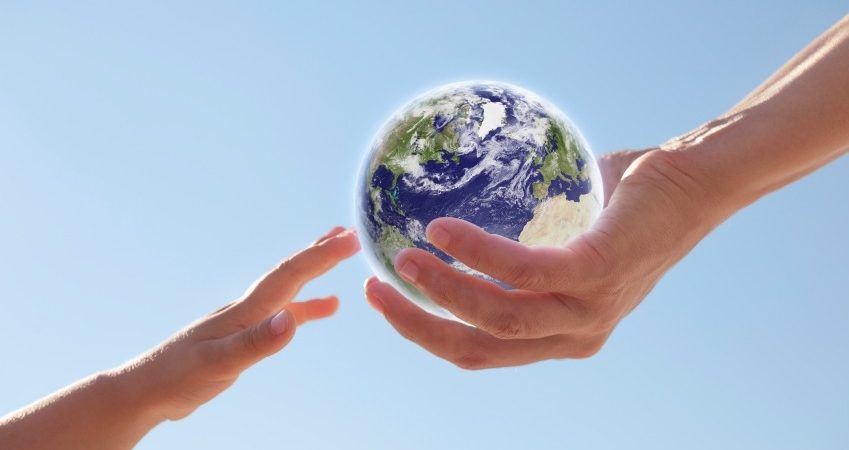Item Link: Access the Resource
Publication Info: https://doi.org/10.1016/j.ecolecon.2019.106520
Author(s): Nate Hagens
Journal: Science Direct
Highlights:
We lack a cohesive map on how behavior, economy, and the environment interconnect.
Global human society is functioning as an energy dissipating superorganism.
Climate change is but one of many symptoms emergent from this growth dynamic.
Culturally, this “Superorganism” doesn’t need to be the destiny of Homo sapiens.
A systems economics can inform the ‘reconstruction’ after financial recalibration.
Overview
Despite decades of warnings, agreements, and activism, human energy consumption, emissions, and atmospheric CO2 concentrations all hit new records in 2018 (Quéré et al., 2018). If the global economy continues to grow at about 3.0% per year, we will consume as much energy and materials in the next ∼30 years as we did cumulatively in the past 10,000. Is such a scenario inevitable? Is such a scenario possible?
Simultaneously, we get daily reminders the global economy isn’t working as it used to (Stokes, 2017) such as rising wealth and income inequality, heavy reliance on debt and government guarantees, populist political movements, increasing apathy, tension and violence, and ecological decay. To avoid facing the consequences of our biophysical reality, we’re now obtaining growth in increasingly unsustainable ways. The developed world is using finance to enable the extraction of things we couldn’t otherwise afford to extract to produce things we otherwise couldn’t afford to consume.
With this backdrop, what sort of future economic systems are now feasible? What choreography would allow them to come about? In the fullness of the Anthropocene, what does a hard look at the relationships between ecosystems and economic systems in the broadest sense suggest about our collective future? Ecological economics was ahead of its time in recognizing the fundamental importance of nature’s services and the biophysical underpinnings of human economies. Can it now assemble a blueprint for a ‘reconstruction’ to guide a way forward?
Before articulating prescriptions, we first need a comprehensive diagnosis of the patient. In 2019, we are beyond a piecemeal listing of what’s wrong. A coherent description of the global economy requires a systems view: describing the parts, the processes, how the parts and processes interact, and what these interactions imply about future possibilities. This paper provides a brief overview of the relationships between human behavior, the economy and Earth’s environment. It articulates how a social species self-organizing around surplus has metabolically morphed into a single, mindless, energy-hungry “Superorganism.” Lastly, it provides an assessment of our constraints and opportunities, and suggests how a more sapient economic system might develop.
Read the complete article here.
The views and opinions expressed through the MAHB Website are those of the contributing authors and do not necessarily reflect an official position of the MAHB. The MAHB aims to share a range of perspectives and welcomes the discussions that they prompt.

